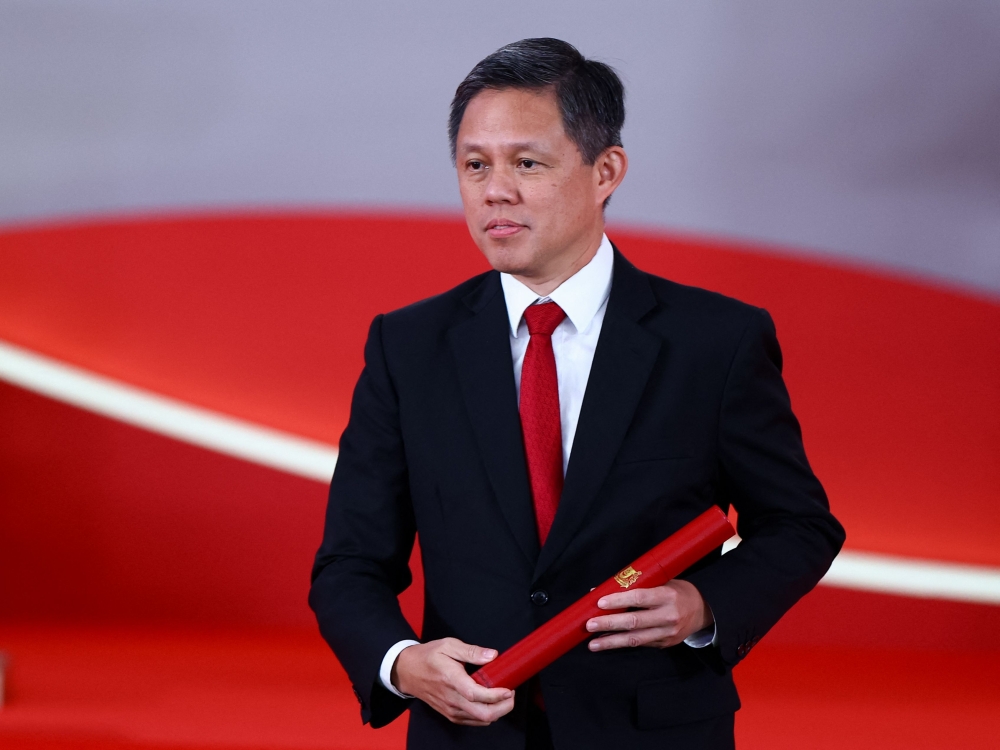SINGAPORE, June 28 – Singapore must heighten vigilance across various fronts due to escalating global conflicts that could see it becoming “collateral in other people’s fight”, its Defence Minister Chan Chun Sing said this week.
Speaking to Singaporean reporters earlier this week, Chan said the Singapore Armed Forces (SAF) is continuously dealing with a wide spectrum of threats across its four service branches, as the country navigates a state that is neither conventional war nor peace.
“Today, we are not at war in the conventional sense, neither are we at peace in the conventional sense,” he was quoted saying by The Straits Times.
“We are always operating somewhere in between, with different gradations. And that’s what keeps us on our toes.”
The interview was held at the Ministry of Defence headquarters ahead of SAF Day on July 1, amid global security concerns stemming from rising tensions in the Middle East.
Chan referenced the Iran-Israel conflict and the United States strikes on Iran’s nuclear sites, cautioning that retaliatory actions could have broader implications beyond the key players involved.
“It could be anywhere else,” he said, warning that such developments might inflame regional sentiments and risk fuelling terrorism.
He stressed that Singapore’s defence posture must adapt to an evolving landscape where threats increasingly emerge from cyberspace and other non-traditional domains.
Chan highlighted persistent cyber threats, with the Digital and Intelligence Service and other agencies fending off thousands of intrusion attempts daily, many of which are likely deliberate and malicious.
Protecting Singapore’s cyber domain is a round-the-clock effort, Chan added, warning that breaches could disrupt the power grid, financial systems and water supply, beyond compromising sensitive information or national reputation.
Chan also noted daily attempts to influence public opinion in Singapore through information operations, warning of both direct and indirect efforts to sway national sentiment.
“The type of information operations that people conduct, perhaps directly on us and sometimes indirectly on us, where we are the collateral, is also not something that we will take lightly,” he said.
The SAF also faces frequent incursions into its airspace and waters, with the air force responding to hundreds of suspicious cases annually, and the navy conducting extensive vessel checks in the busy Singapore Strait.
“The number of ships that sail through the narrow Singapore Strait, the number of boardings that we have to [do to] check and verify to make sure that the strait remains safe from threat actors, that goes into the hundreds as well and, in fact, sometimes the thousands,” he said.







